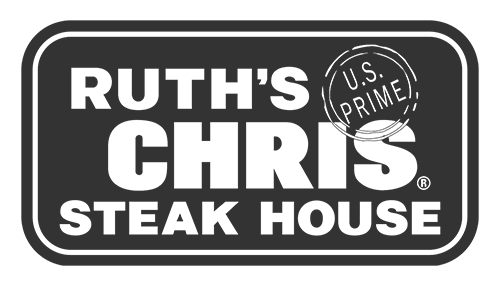
The food service industry is extremely competitive today. Making even minor adjustments to improve efficiency can be the difference between failure and success. It’s no wonder that many restaurateurs are leveraging technology like point of sale systems (POS) to improve efficiency.
According to research, 24 percent of restaurateurs that haven’t bought a point of sale system in the last three years will do so in the next year. When purchasing a POS system, you must consider your size, category, and specific priorities before making a decision.
For instance, full-service eateries may need to improve customer service and maximize staff efficiency. Conversely, quick-service eateries may want to increase the number of guests served during peak business hours.
There are qualities every restaurant needs from its POS:
- secure payment processing
- POS data analytics
- performance reporting for decision-making
The following are essential qualities to look for if you’re getting a new POS system or upgrading your old one:
1. Performance Reporting
Your restaurant has a mountain of unsorted data about inventory, guests, menus, operations, and finances. This information can be mined and analyzed to give actionable strategies.
However, you need tools that can identify the right data and give relevant reports. This ensures you get the right insights for decision-making. Many of these tools are found in off-the-shelf POS suites.
In recent times, POS systems have become more sophisticated and flexible. You can easily track your own KPIs and generate comprehensive reports. You can even set alerts to notify you when KPIs go beyond acceptable ranges.
2. POS Ease of Use
Your POS system should be easy to customize and easy to use. It should have a clean and visually-appealing interface with intuitive responses. You want pages/screens to have logical layouts for all your functions: inventory tracking, payment processing, orders, etc.
The same POS system should facilitate employee management, accounting, data storage, and reporting. Ideally, you should be able to train staff on it quickly. You don’t want to make savings off purchase price only to sink them into lengthy training sessions.
In the restaurant business, you have relatively low staff retention rates. Shorter training periods reduce the sunk costs each time you lose a trained employee.
3. Flexibility and Customization
All restaurants are not created the same; even restaurants of the same size and function will have different needs and preferences. Therefore, your POS system should allow for some customization according to these priorities.
Some functions may include generating non-standard reports and integration with third-party software such as inventory management tools. You should be aware of the system’s flexibility and limitations before making the purchase.
4. POS Payment and Order Processing
Everyone knows that a POS system should accept both cash and debit/credit cards. In the 21st century, however, mobile payment, gift cards, and coupons are also popular payment options.
An order processing system that allows order processing at the table can boost staff efficiency and reduce order error rates. Currently, most businesses have a stationary order and payment processing unit, which can slow down service delivery and efficiency. Next-generation POS systems can facilitate routine tasks like splitting checks by the number of guests or items and calculating tips.

5. Data Security
Finally, your POS system must be EMV-compliant to process PIN or chip transactions securely. Note that if your current POS isn’t EMV-compliant, you can be liable for fraud if there’s a breach. EMV-compliance also enables better fraud detection and can accommodate customer preferences relating to payment options.
Most importantly, all data collected in the POS system should be secure from unauthorized access. It includes data encryption from the time a customer’s card is swiped until the transaction is processed. Whether you choose on-site or cloud-based servers, ensuring data security is paramount.
Conclusion
Where the rubber meets the road, you want a POS that can integrate with all other software you have to maximize operational efficiency. Getting an inventory system like FoodBAM takes care of the integration aspect, connecting your kitchen to all other aspects of the business.
FoodBAM works seamlessly with many modern-day POS systems, but exceptionally well with Lavu POS. Once you’ve tied your recipe costs to total orders, your cost of goods sold and gross profits won’t have to be theoretical anymore.
Do you have any questions? Be sure to contact us to learn more about how FoodBAM can seamlessly integrate with your POS system.










